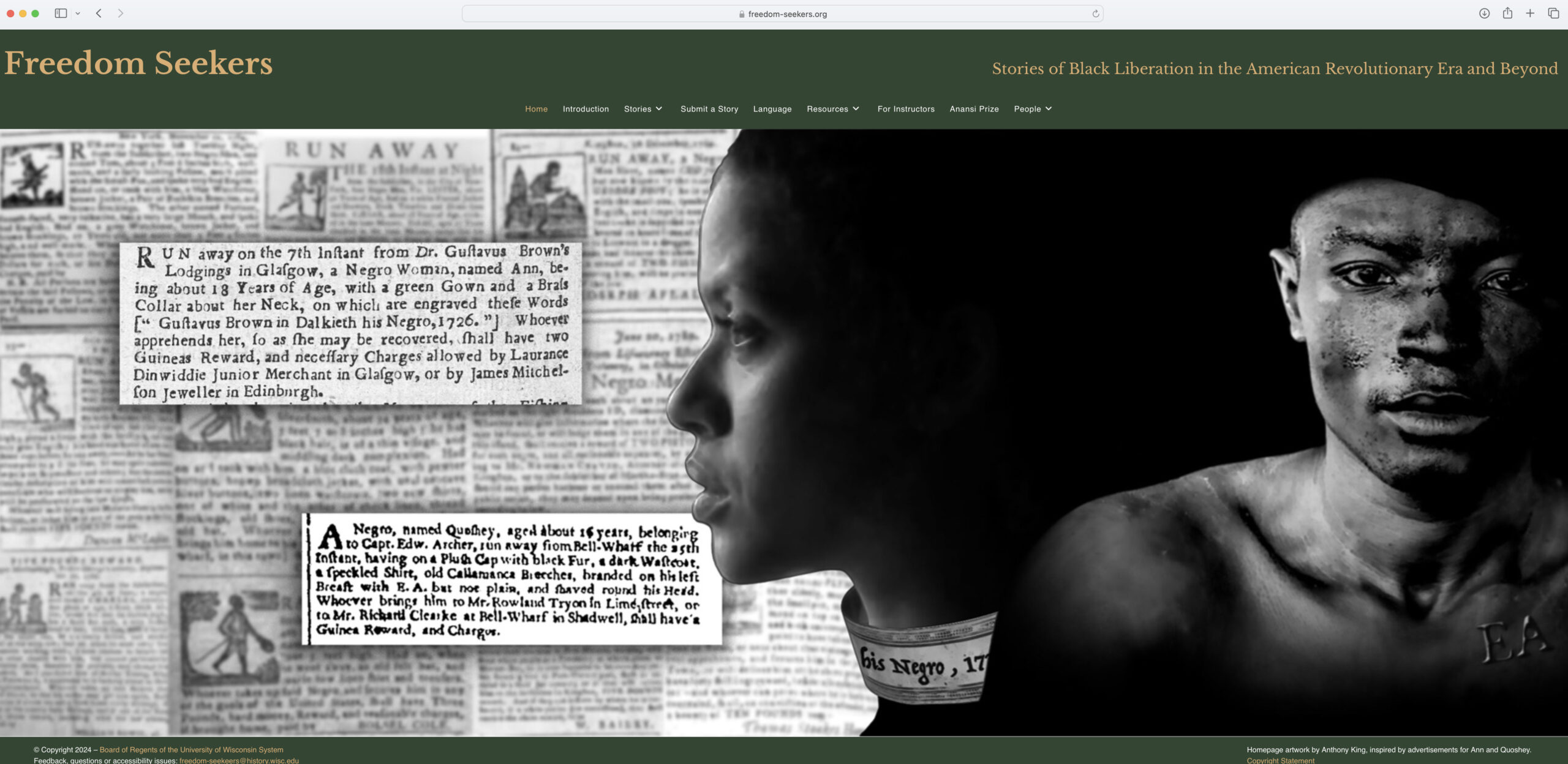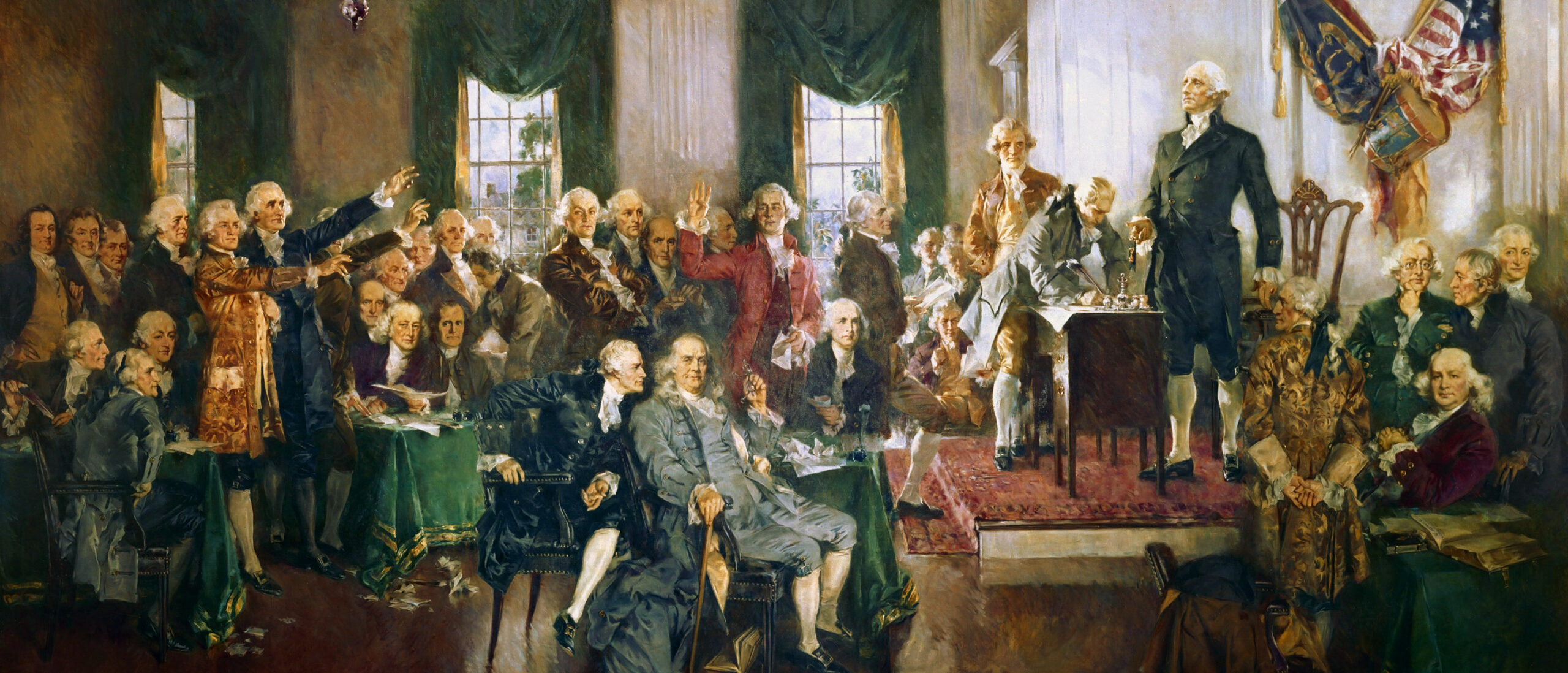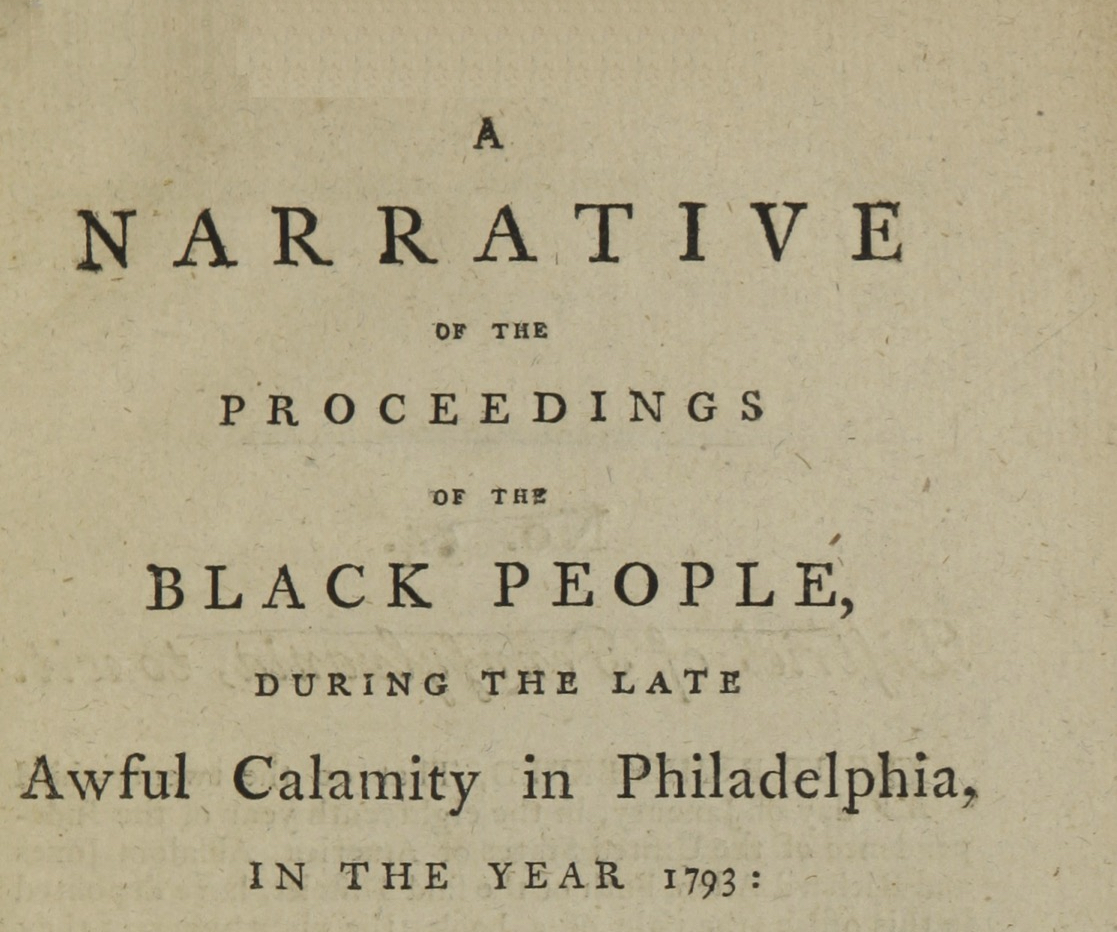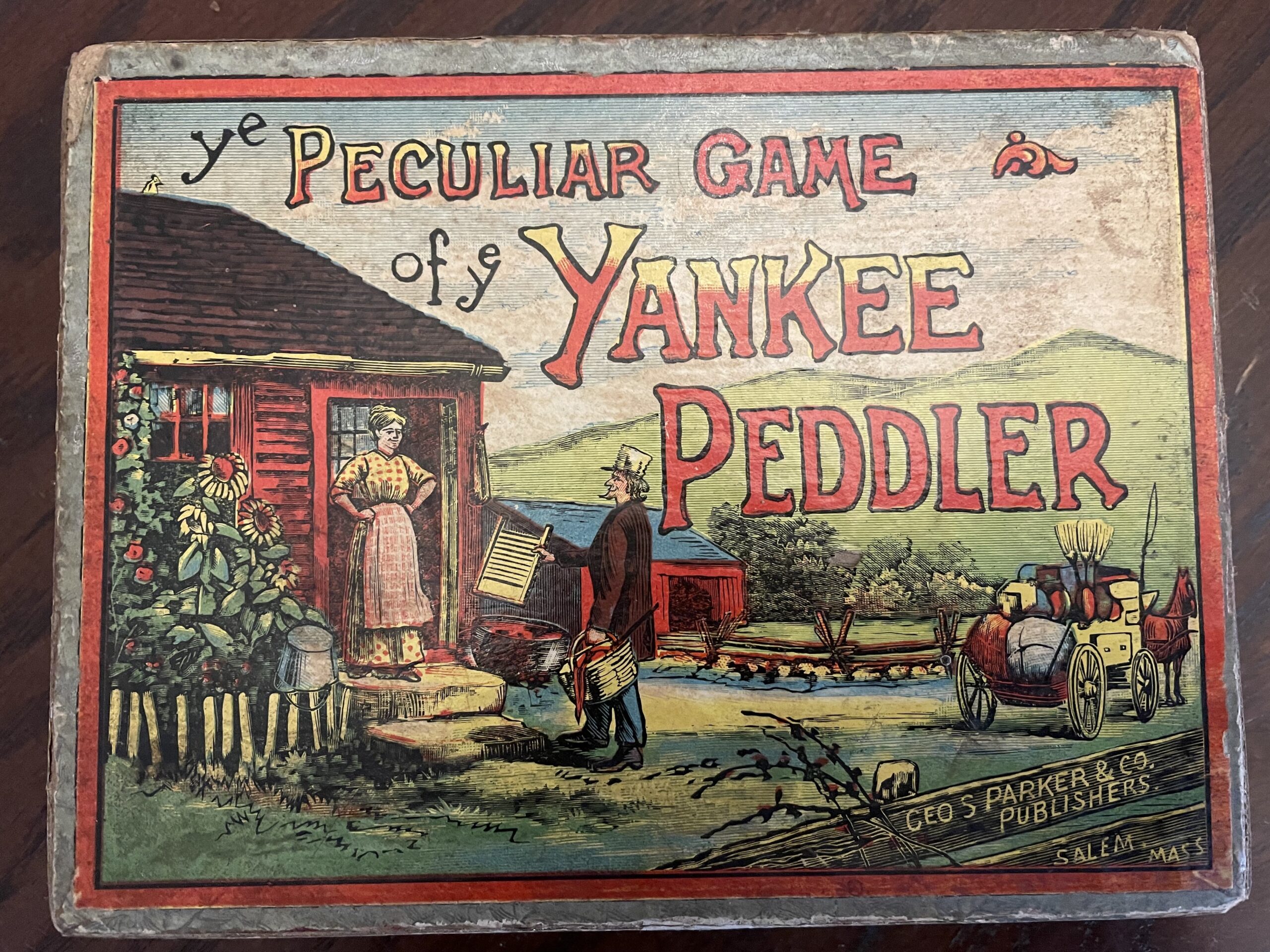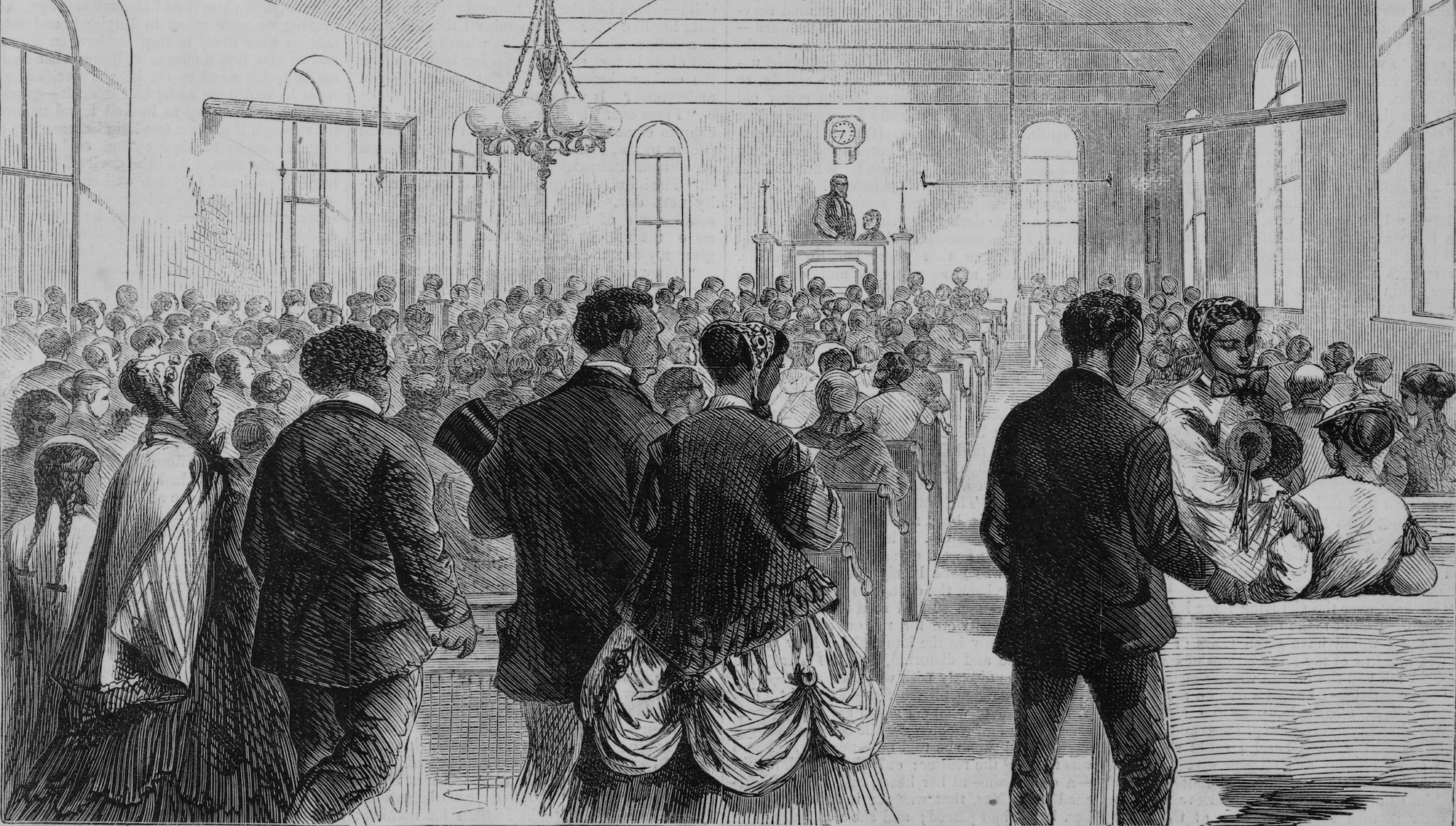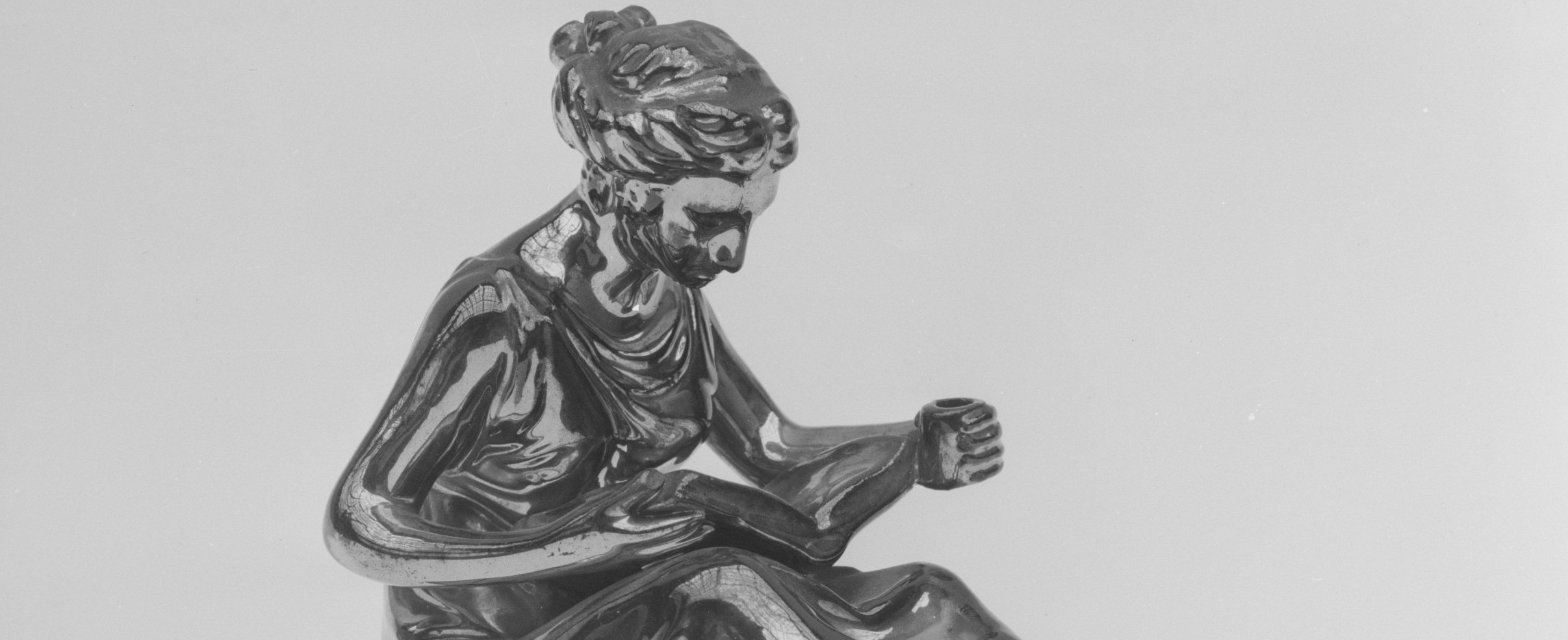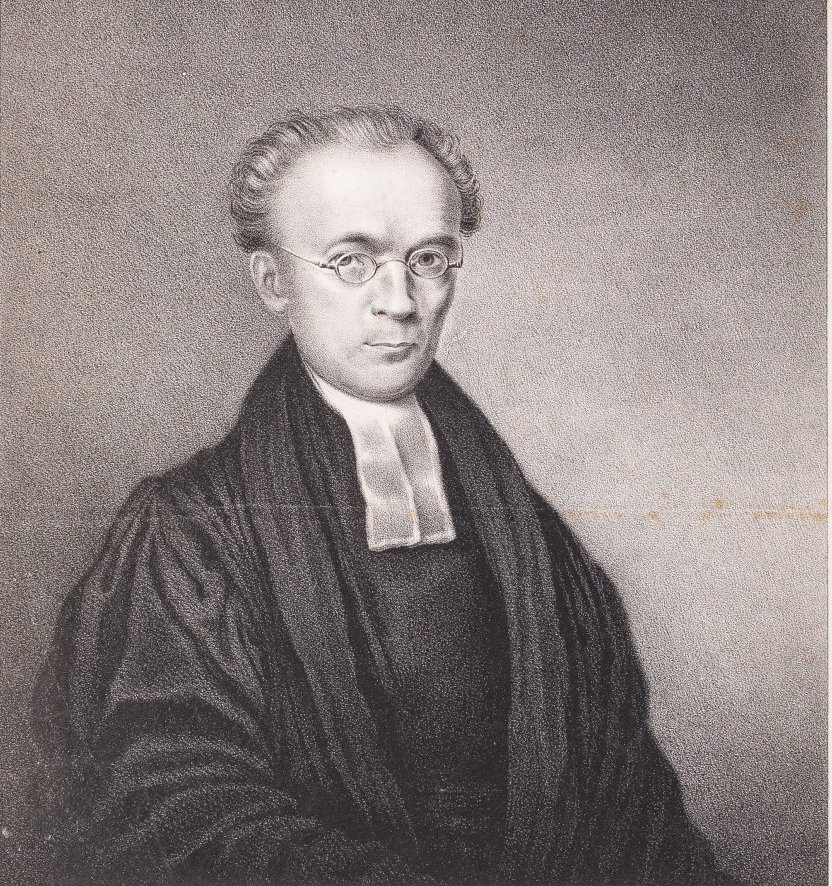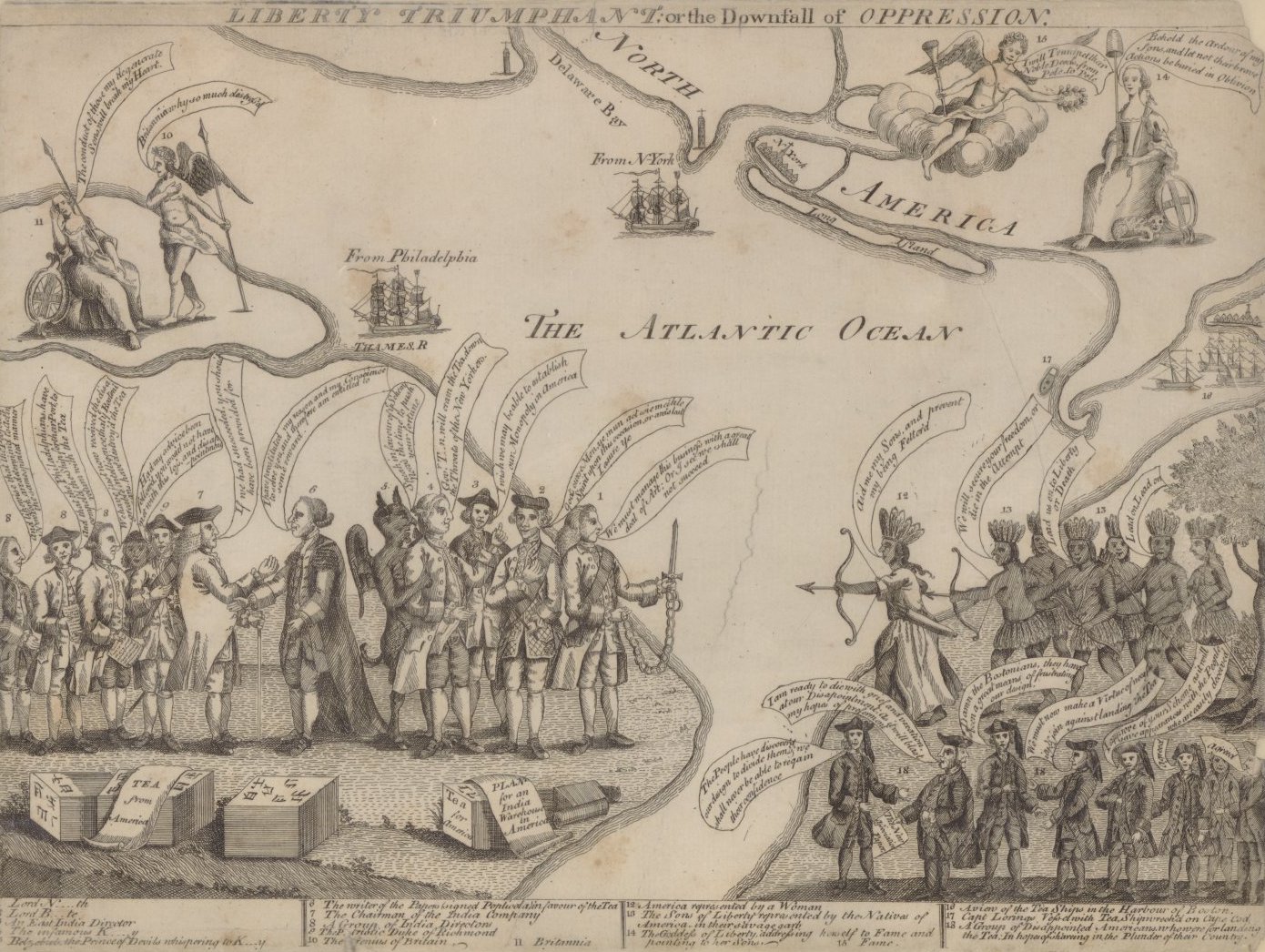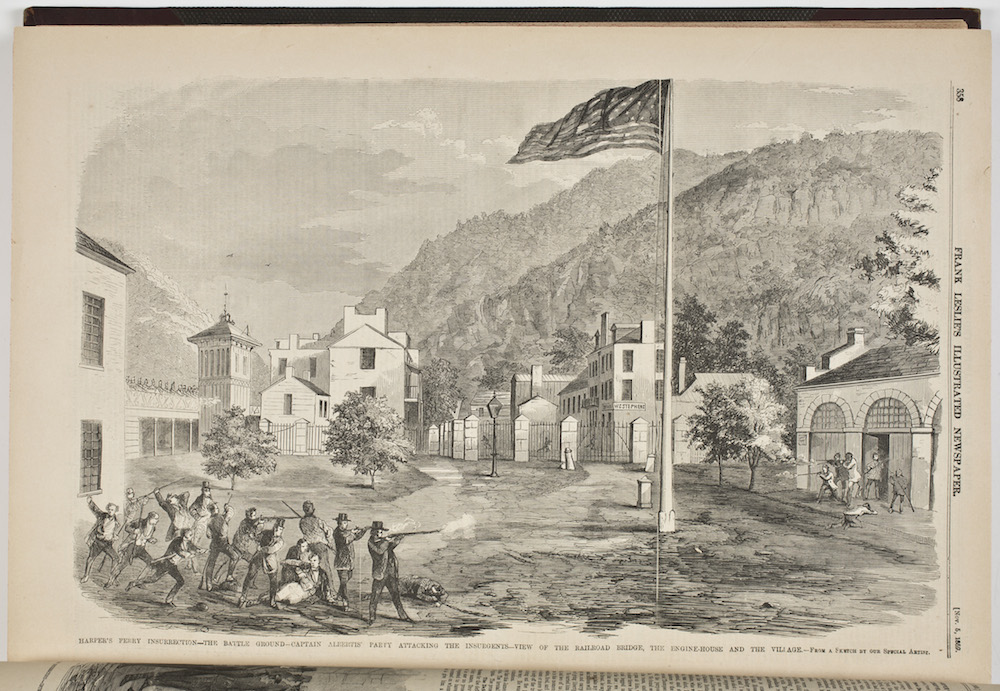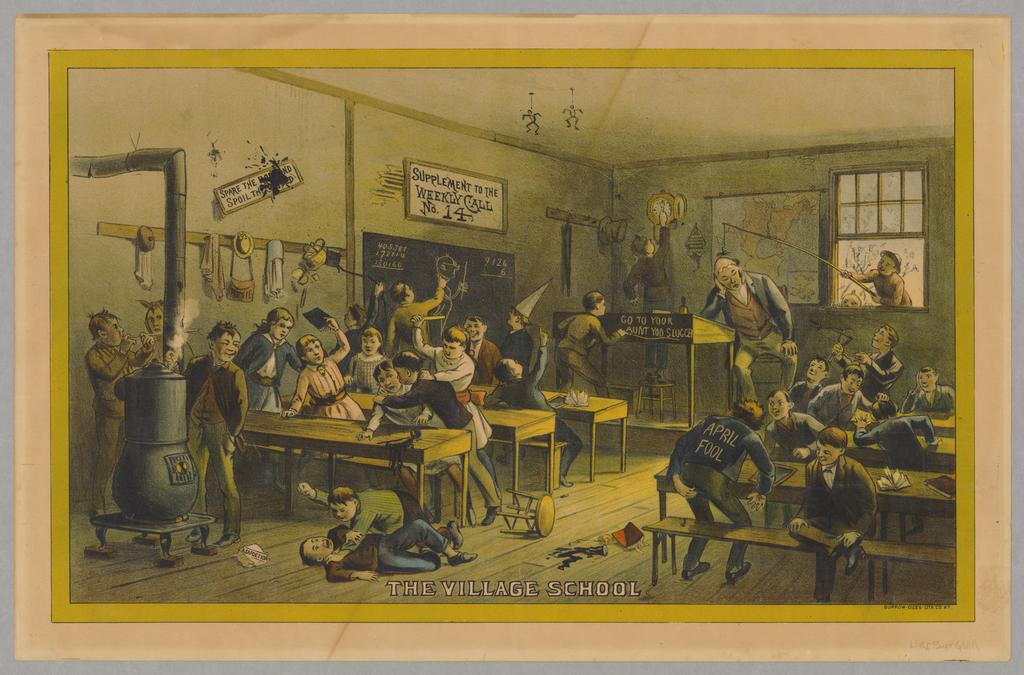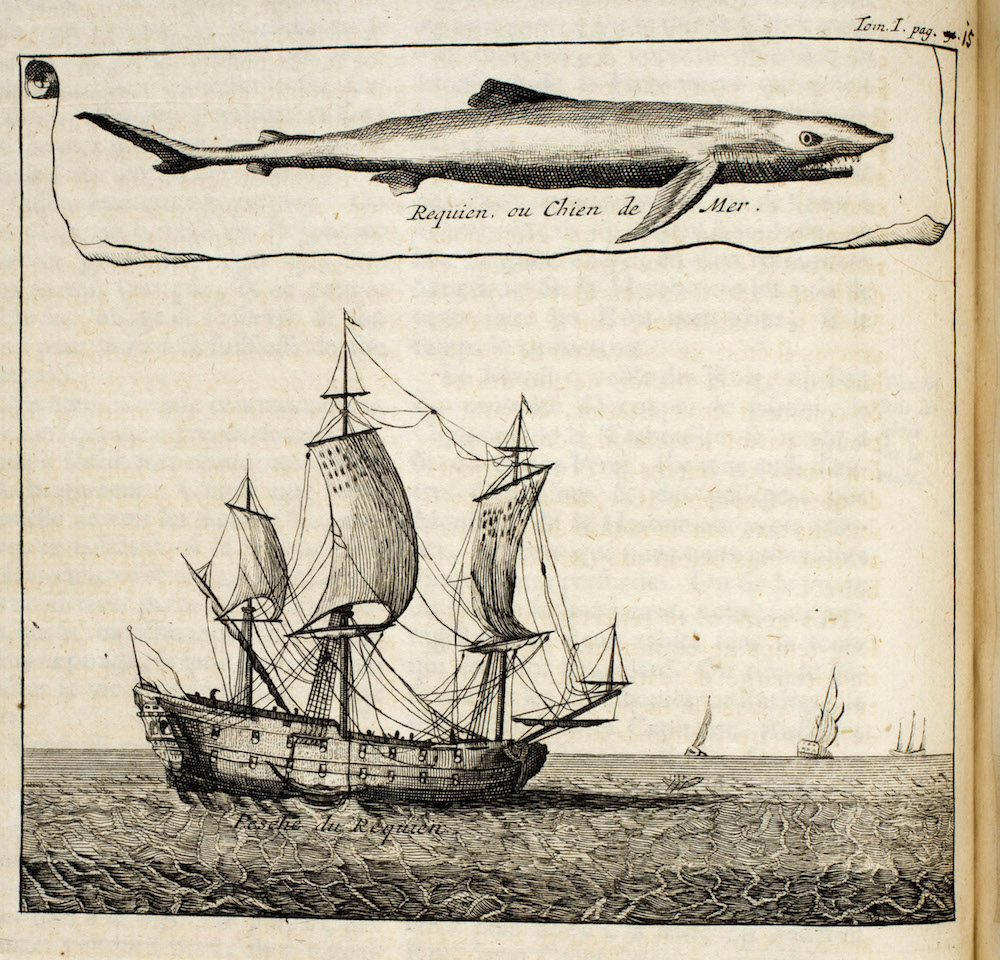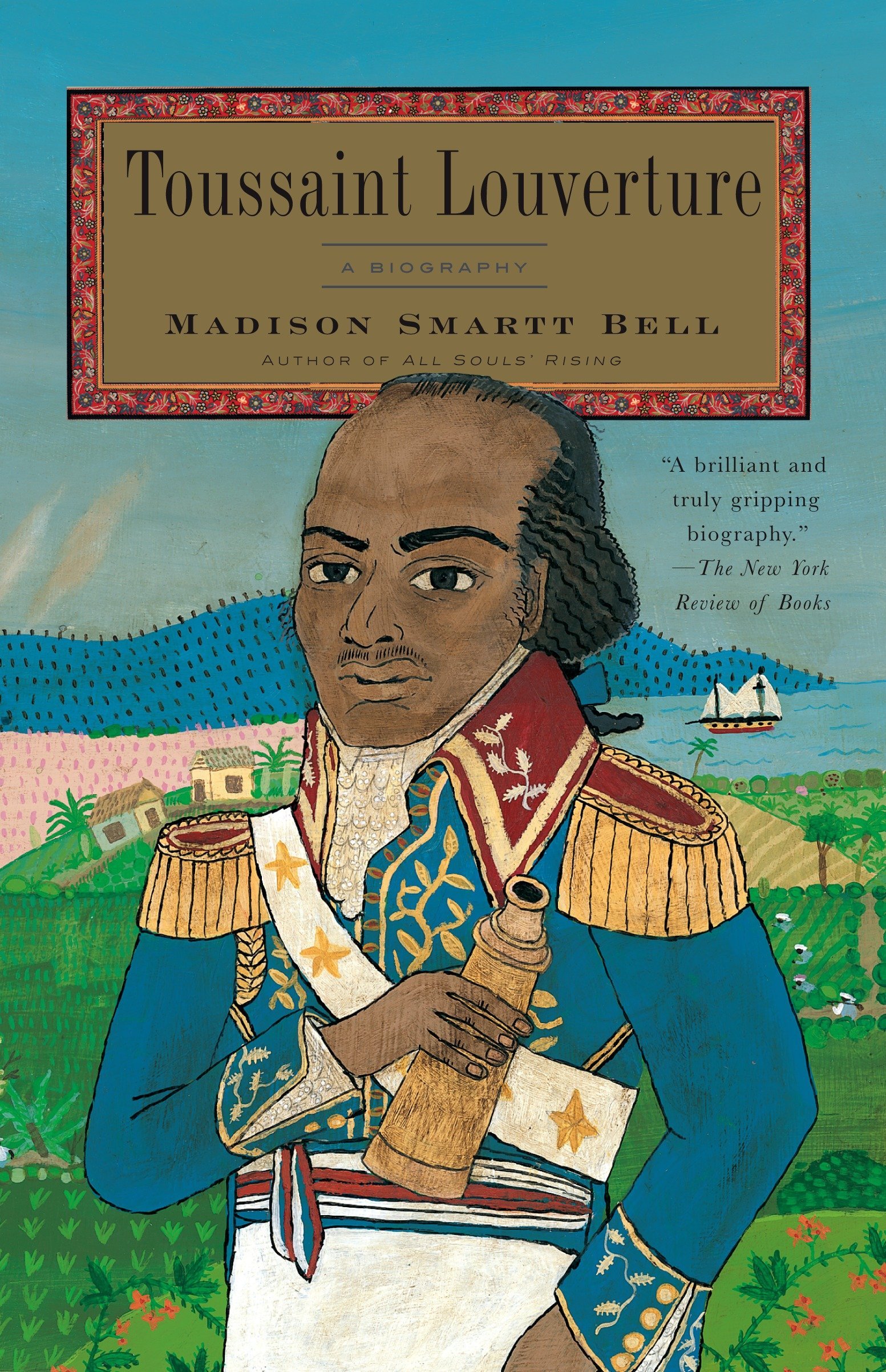
Bob Gross, the new editor of Ask the Author, asked me to write about how my recent book, Unruly Americans and the Origins of the American Revolution, was affected by the nearly ten years I spent as an environmental activist.
I had actually been a conservative when I entered the University of Virginia in 1977—the first club I joined was the College Republicans—but exposure to that right-wing student body pushed me far to the left. After graduation, I went to work for Congress Watch and the Public Interest Research Groups (PIRGs)—environmental and consumer groups founded by Ralph Nader—and in 1990 I founded Clean Up Congress to try to defeat anti-environmental congressmen. It is perhaps not terribly surprising that this work had unintended ideological consequences. Not that my left-wing activism sent me back toward conservatism. But it did kill off some of my liberal illusions.
One of these was the notion of a beneficent government, a natural outgrowth of my having been educated by the state until the age of twenty-one (not to mention my having spent adolescence in a state-owned mansion during my father’s governorship of Virginia!). At Congress Watch, where one of my principal duties was to monitor congressional hearings, I was astonished—go ahead and call me naïve—to discover how much less welfare the government distributed to the poor than to giant corporations. (If you think the government robs the rich and gives to the poor, a single session of the Agriculture Committee will set you straight.)
That lesson was reinforced during the much longer periods I spent with the PIRGs and Clean Up Congress, and the suspicion of government I picked up as an activist carried over into my work on Unruly Americans. Most (though not all) scholars who had previously studied the angry farmers of the 1780s (the likes of Daniel Shays) had focused on farmers’ struggles against creditors. I, on the other hand, was especially (perhaps excessively) sensitive to the farmers’ complaint that “our misfortune proceeds from the hands of government.” So I devoted less of my book to the struggle pitting debtors against creditors than to the overlapping battle between taxpayers and the primary beneficiaries of the unprecedented taxes of the 1780s, the people who had speculated in depreciated government bonds. (My discovery that those speculators included Abigail Adams was, as the expression goes, the beginning of a beautiful friendship.)
The suspicion of legislators that inevitably resulted from my years of advocating environmental legislation was not distributed evenly between the state and federal governments. I’m proud of Clean Up Congress’s accomplishments (nothing I have done since leaving activism has made me half so proud as the role I played in convincing my fellow Virginians not to elect Oliver North to the U.S. Senate), but my colleagues and I got a lot more done at the PIRGs, which focus on influencing state assemblies. To most people it is obvious that grassroots activists have an easier time passing legislation at the state rather than the federal level, but for me it was a revelation. Having been born in the South during the waning years of Jim Crow, I had an innate suspicion of anything smelling of states’ rights. But as I contrasted my brief and frustrating career with Congress Watch (where it seems in retrospect that our primary role was to be trampled by Ronald Reagan’s stampede) to the wide range of significant environmental laws that PIRG shepherded through the state legislatures during my tenure there, I developed renewed faith in governments that are close to the people.
That preference for politics at the state level made me much more open than most other Revolution scholars to the ideas of the Anti-Federalists. I was even more intrigued by people like Hermon Husband who spent the 1780s trying to make the state governments (which of course were too democratic in the eyes of the framers of the Constitution) more responsive to the voters’ voice. And when I encountered James Madison’s claim that shifting certain key governmental responsibilities from the state to the federal level would have the effect of divide et impera (divide and conquer), I knew just what he was talking about.
Thus activism shaped my perspective on state action in general and the federal government in particular, but the biggest change it produced was in my attitude toward the voters. It is common for us elitist academics to perceive ordinary Americans as apathetic. My PIRG friends lamented ordinary citizens’ political inactivity, too, but they blamed it on despair rather than apathy—a crucial distinction that allowed them to retain respect for the people they were trying to mobilize.
For groups like PIRG and Clean Up Congress, populism is not only a philosophical disposition but a practical necessity, since citizen donations (mostly collected door-to-door in those days) are their chief funding source, and it is hard to elicit contributions from people as you talk down to them.
The PIRGs and Clean Up Congress also exposed me to a third source of populism. I do not know how to say this in a way that does not sound goofy, but I cannot not say it. Knocking on tens of thousands of doors in nearly half the states, I met a good cross-section of middle-class America, and I was pleasantly (and, in retrospect, somewhat embarrassingly) surprised by how few Archie Bunkers and Stepford wives I encountered. I treasure many of the conversations I had with my fellow citizens at their doorsteps, and I think if I had been blessed with musical talent, I could have waxed as lyrical about suburbanites as another Woody did about hoboes and Okies.
I still have strong elitist tendencies. To take a key issue from Unruly Americans, I would not support a Constitutional amendment restoring the state legislatures’ power to print paper money. But I do think the people I met as I rounded up support for PIRG’s toxic waste and acid rain proposals—and later as I talked up Clean Up Congress’s candidates—made me a little less of a snob. I can think of books that are much more populist than Unruly Americans (including two that were published in the same year as mine: Terry Bouton’s Taming Democracy and Mike McDonnell’s Politics of War). But I think there is a respect for ordinary farmers in my book that would not be there if I had not talked politics with so many of their descendants.
At a memorable OAH session in Memphis in April 2003, Terry, Mike, Marjoleine Kars, and I gave short papers about small farmers’ battles with elite Americans of the revolutionary era. The two commentators liked our papers well enough, but many, many members of the audience thought we had given far too little attention to the farmers’ sexism and racism. (A fifth paper, by Seth Cotlar, was more theoretical and escaped the audience’s ire.) It is true that none of us had focused on the farmers’ many vices in our five-minute papers, but only because we considered them too obvious to mention. It occurred to me in retrospect that I probably would not have gotten into this fix if my years at PIRG and Clean Up Congress had not caused my attitude toward ordinary white Americans to diverge so significantly from the academic norm.
Yet I do think unusual perspectives like mine contribute to the larger project of constructing a complete picture of early America. Let me give you two examples from Unruly Americans.
By 1786, nearly every free American agreed that the economy was in terrible trouble and that the thirteen state legislatures were partly to blame. Most elite Americans believed the assemblymen had crippled the economy by going too easy on debtors and taxpayers, and the authors of the U.S. Constitution were careful to prohibit the state legislatures from granting most forms of relief. Other Americans (and their elite sympathizers) thought the assemblies had damaged the economy not by treating ordinary farmers too kindly but by being too harsh. One of the relief advocates’ oft-repeated claims was that the state assemblies had depressed the economy by depressing farmers’ spirits. When elite critics said the real source of ordinary Americans’ distress was “dissipation,” one of the farmers’ advocates admitted that they had not been working at their full potential but went on to label this failure the “natural and unfailing consequence of despair.”
Nearly every time I have related this argument to an academic audience, it has been ridiculed. Scholars who are all too familiar with writer’s block find it absurd to speak of farmer’s block. But I for one think the relief advocates had a point. As one western Massachusetts writer put it, tax relief would prompt farmers “to manly and generous exertions for the common good, by calling hope to their aid.”
Farmers’ morale is also the subject of my other example. During the mid-1780s, numerous Massachusetts and New Hampshire towns chose not to send representatives to the state assembly. Most scholars attribute this failure to a combination of parsimony (the towns, not the state government, had to pay state representatives’ salaries) and apathy. But from my years at PIRG I was sensitive to the possibility that political inactivity is often the result not of apathy but of despair. Thus I was able (building on the work of John H. Flannagan and Jack Pole) to make the case that the towns often deliberately withheld their representatives as a form of silent protest.
![]()
About once every two years as I was working on my book, I reread Gordon Wood’s Creation of the American Republic. My admiration for the book increased every time. Wood really does show (as Charles Beard, John Fiske, and a host of other Progressive and Anti-Progressive scholars had also done) just how undemocratic the United States Constitution was intended to be. In the spring of 2000 Wood came to an informal talk I gave on what would become Unruly Americans. Afterwards he told me that I seemed to be confirming his claims about the framers’ undemocratic intentions. I agreed, but I wanted him to know that my book was not going to be entirely like his. “In my opinion,” I told him, “Creation of the American Republic is the most accurate book we have on the origins of the Constitution—and also the most evil.”
I expected Professor Wood to get a kick out of the way I had defined the difference between our books. I don’t think he did—and perhaps “evil” was a bit strong! But that was the best job I’ve ever done of distinguishing my philosophy of history from his. If I read them right, Wood and his legions of scholarly followers do not simply hold that the framers of the Constitution believed that democracy had failed during the years leading to the adoption of the Constitution. The Woodites are also convinced that the framers were right: that democracy really hadfailed. In Unruly Americans I tried to resist the pressing temptation to make the opposite claim—that elite Americans like Madison and Washington understood the problems that led to the Constitution less well than ordinary farmers did. I just wanted to suggest that there were two sides to the story and that the farmers’ side deserved airing.
I had been exposed to populism in graduate school, especially by Peter H. Wood and Larry Goodwyn. But no amount of reading was ever going to convince me that ordinary Americans might have as good a handle on the truth as those of us who have been blessed with three decades of formal education. For me the only way to open up that possibility was to knock on thousands and thousands of doors.
This article originally appeared in issue 8.4 (July, 2008).
Woody Holton teaches at the University of Richmond and is a 2008-2009 Guggenheim Fellow. He is the author of Forced Founders: Indians, Debtors, Slaves, and the Making of the American Revolution in Virginia (1999), which won the Organization of American Historians’ Merle Curti Social History Award, and Unruly Americans and the Origins of the Constitution (2007), which was a finalist for the National Book Award.



